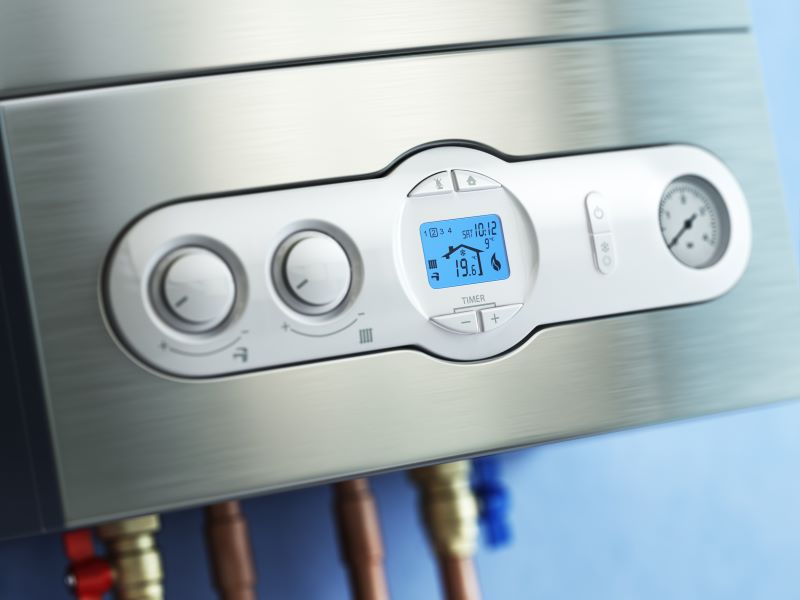Global Gas Boiler Ban Proposed from 2025
- Categories:
- Climate Change
- Energy

What is the gas boiler ban?
The International Energy Agency (IEA) recently published a special report on the road to net zero and one of the recommendations is that no new fossil fuel boilers should be sold from 2025 if the world is to achieve net-zero emissions by the middle of this century.
This is in line with the plans to end the sale of new petrol and diesel cars around the world by 2035. In the UK, the sale of new petrol and diesel vehicles will end in 2030.
The energy sector accounts for approximately 75% of greenhouse gas emissions.
The report by the IEA has been welcomed ahead of COP26 in Glasgow later this year – which reviews the actions being taken to meet the Paris Agreement. In order to stop the acceleration of global warming, which is largely contributed to by the energy sector, big steps like these must be made.
What are some alternatives to gas boilers?
While it sounds like a good plan to reach net zero, you might be wondering how we will continue to heat our homes effectively if gas boilers are banned. It is estimated that approximately 80% of homes in the UK are heated with natural gas.
“Greener” alternatives to gas boilers include hydrogen boilers and heat pumps. Geothermal heat is also being considered.
How do heat pumps work?
It is expected that most homes will switch to heat pumps. A heat pump works by extracting heat from the environment surrounding your home and then increasing it to a higher temperature which can then be used to heat your home.
It can be helpful to think of it like a fridge operating in reverse! Heat is taken in and warms up the refrigerant in the tubes so that the liquid turns into gas. This gas is then compressed and these compressed, hot gases pass into a heat exchange surrounded by cooler air or water, which is then made warm. This is then circulated around your home to provide your heating.
Is it possible to make the switch?
It is estimated that the energy sector accounts for approximately 75% of greenhouse gas emissions so it is clear that something needs to be done in order to meet net zero targets around the world. Scientists say that global heating has to be limited to 1.5C by the end of this century, so we need to hit net zero in 2050.
However, it’s quite a big task to make this switch and will require a lot of work, particularly somewhere like the UK which is mostly powered by gas heating systems! It will require cooperation and investment on a global scale to make it work, which is why conventions like the COP26 are needed.
The IEA believe that it is possible and they also believe that the increased investment in clean energy will create millions of new jobs and boost economic growth. We hope they are right as it would be an unprecedented step towards global net zero goals!
Here at SearchScene, we are always working to support charities who are fighting the effects of climate change and global warming across the globe, including those who put important infrastructure in place for those who need it.
You can help us on our mission by downloading our browser extension, app, or simply visiting our homepage to get searching.










